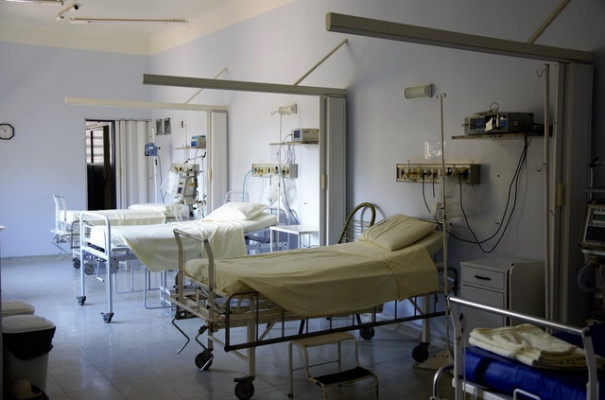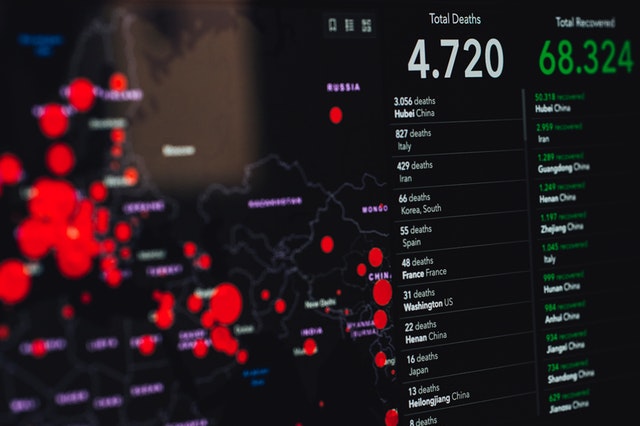Current Section: model

Lesson The Way a Muslim Deals with Epidemics
We believe in the decree, the good and the bad. It is one of the pillars of faith. Therefore, whatever pandemics, diseases, calamities, or afflictions befall the slaves (of Allah), do so by His decree and pre-destiny. We are pleased with His decree and do not become engaged, complain, or become panic-stricken. Allah says: (No calamity befalls ˹anyone˺ except by Allah’s Will. And whoever has faith in Allah, He will ˹rightly˺ guide their hearts ˹through adversity˺. And Allah has ˹perfect˺ knowledge of all things.)(At-Taghabun:11)

The believer affirms that diseases themselves do not have the power to spread. Instead, it is with Allah's power; with that said, we have been ordered to use the physical means available to us to secure our health by avoiding things that can cause diseases and places where epidemics are present. Taking precautions and not mixing with infected people. Prophet ﷺ said: «There is no infection, no evil omen, no nightbird, and no serpent in a hungry belly*; but flee from one who has tubercular leprosy as you would from a lion.» (Al-Bukhari, 5707)

Epidemic diseases are an accelerated punishment for disbelievers and hypocrites. At the same time, it is a mercy for the believers to raise their levels and expiate their sins. The Prophet ﷺ told 'Aishah (may Allah be pleased with her) when she asked him about the plague: «It is a punishment Allah sends upon whomsoever He wills, but Allah has made it a blessing to the believers. When plague comes, anyone who stays patiently in his town looking for his reward from Allah, knowing that only what Allah has decreed for him can happen to him, will have a reward like that of a martyr» (Al-Bukhari, 3474)

In such circumstances, Muslims must respond to the advice of the official bodies, assume responsibility by giving public interests precedence over individual interests, and cooperate to ensure stability and normalization of life. Allah says: (Cooperate with one another in goodness and righteousness, and do not cooperate in sin and transgression) (Al-Maidah: 2)

What is Forbidden During Times of Epidemics
Undoubtedly, spreading rumors is considered lying, which is forbidden, as it causes panic among people. It is important to ensure that no undocumented information is transmitted. In mentioning the qualities of hypocrites, Allah says: (And when they hear news of security or fear, they publicize it. Had they referred it to the Messenger or their authorities, those with sound judgment among them would have validated it.)(An-Nisa:83)

Islam has forbidden the practice of monopolizing and cheating. Raising prices and manipulating basic necessities that people need, especially in times of crisis. The Prophet ﷺ said: «Whoever monopolizes something that he intends to raise the price for the Muslims later, then he is a sinner.» (Al-Musnad, 8617).

Intentionally transmitting a contagious disease from an affected person to a healthy person in any way is forbidden, and considered a major sin. In this way, a worldly punishment must be handed out in accordance with the gravity of the action and its impact on the individual and society as a whole.

The penalty of the One Who Intentionally Tranamits a Contagious Disease
Cursing Disease
The Prophet ﷺ forbade cursing fever. In a narration reported by Jabir Bin Abdullah (may Allah be pleased with him and his father), he said that the Messenger of Allah ﷺ said to Umm As-Sa'ib: «Do not revile fever, for it removes the sins of the sons of Adam just as the bellows remove the dross from iron.» (Muslim, 2575)


